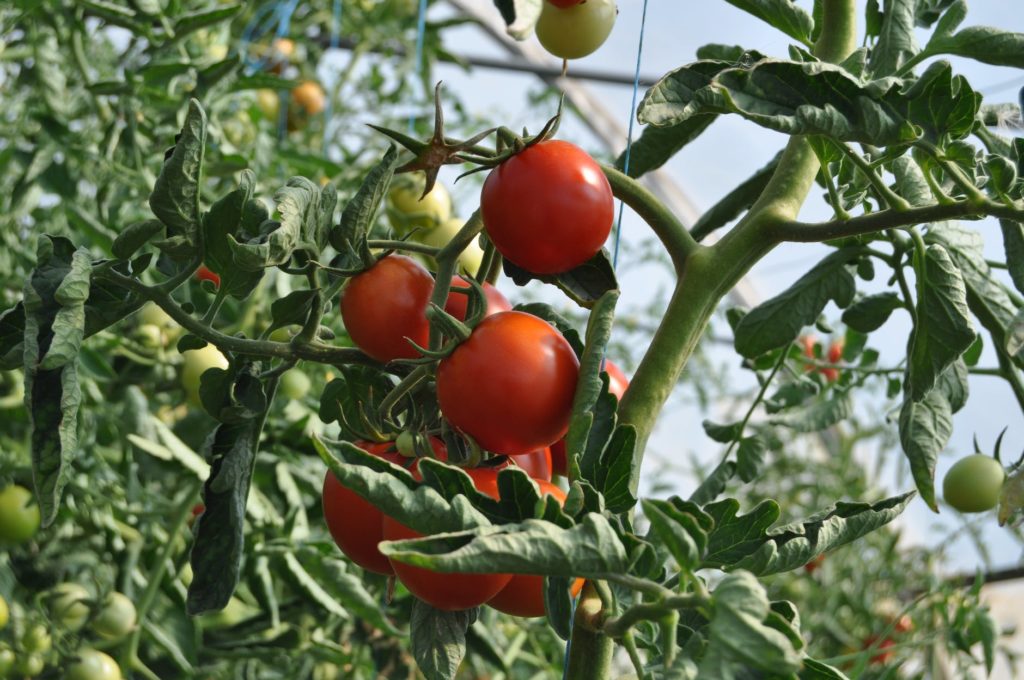By Clint Thompson
The prolonged dry period sweeping across the Southeast benefited tomato producers in the North Florida/South Georgia region. Growers welcomed the dry conditions that helped save the crop from bacterial spot disease.

Josh Freeman, an agronomist and regional manager with TriEst Ag Group, discussed the impact that minimal rainfall had on tomato production.
“Everything started off really bad. They put (plants) in the ground, and it was raining every other day. A lot of those plants started with bacterial spot. Had we not had the season that we’ve had, they would have absolutely struggled, if not lost a crop. But the fact that we’ve gone weeks without rain is the only thing that saved them,” Freeman said.
According to University of Florida Institute of Food and Agricultural Sciences, bacteria spot is one of the most detrimental diseases of tomato and thrives when weather conditions are conducive for development. Those conditions include high temperatures, high humidity and rainfall. Rain has been sparse since the start of September which is a complete opposite of what growers were experiencing prior.
“They were spraying every three days just to try to keep bacterial spot beaten back. Some of it got started anyway. When conditions are like that, there’s nothing you can do. They kept it beat back and at bay as best as they could,” Freeman said. “For the most part the crop looks pretty clean in the field. Here and there it’s gotten more spot than what they would want in it.
“The crop is certainly not as heavy as they want, especially with the market the way it is. I don’t know that any of them will reach their desired packout numbers from a volume standpoint, but the quality is good. It’s not going to be ideal, but it’s going to be a good crop, and the price will make up for it.”
Tomato prices are high following Hurricane Ian and its impact in central and southern Florida. Freeman estimated prices as high as $30 per box.









